Today, March 8, the world celebrates International Women’s Day, an opportunity to honor and appreciate women as well as highlight and examine the ongoing struggle for women’s rights. The concept for this celebration came from feminists and political activists Luise Zietz and Clara Zetkin, who proposed it during a 1910 women’s conference held in Copenhagen, Denmark. The first official observance was held in 1911 (originally called International Working Women’s Day).
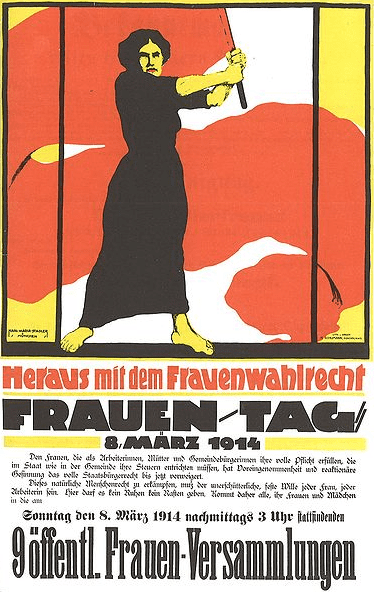
Clara Zetkin (1857-1933), born in Germany, devoted her life to fighting for the rights of women, the poor, and the oppressed.
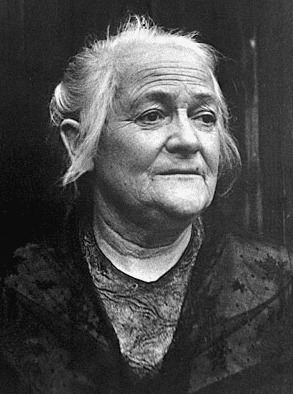
Zetkin joined the Socialist Workers’ Party when she was 21 (which in 1890 changed its name to the Social Democratic Party of Germany). From 1891 to 1917 she edited its women’s newspaper, Die Gleichheit. Here in this 1900 newspaper article we see her taking a prominent role, chairing a conference of German women socialists:
…to define the attitude of women on the various questions to be discussed [at the upcoming annual meeting of the Social Democratic Party] and to give expression to the special interests of the proletarian women and to find means how to awaken them to a sense of their own interest in the general political movement.
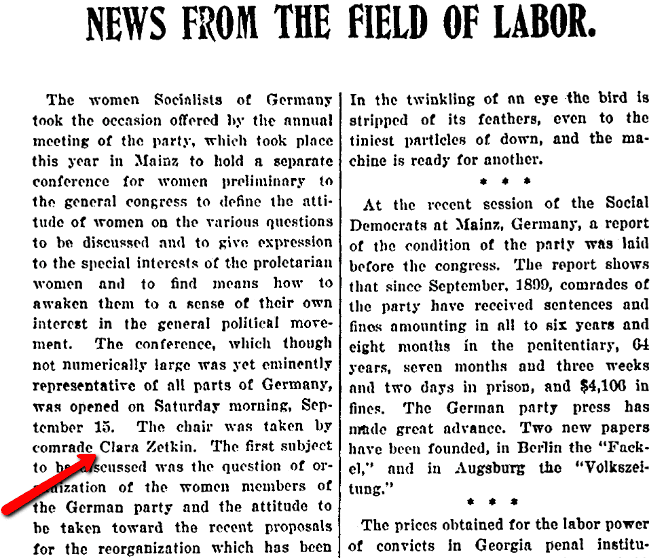
Her activism brought her in opposition to the German authorities, as seen in this 1904 newspaper article.

In this 1910 newspaper article, journalist Charles N. L. Shaw provides this description of Clara Zetkin.
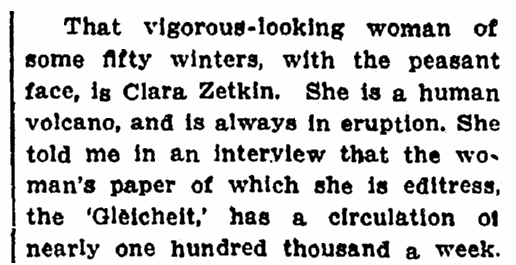
Zetkin later joined the Communist Party of Germany, representing it in the German Parliament from 1920 to 1933. Zetkin was the first Communist member of the German Parliament.
This 1920 newspaper article reported her first speech in the Reichstag.
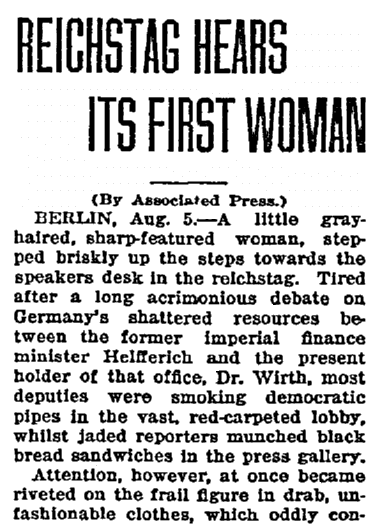
Here is a transcription of this article:
Berlin, Aug. 5.—A little gray-haired, sharp-featured woman, stepping briskly up the steps towards the speaker’s desk in the Reichstag. Tired after a long acrimonious debate on Germany’s shattered resources between the former imperial finance minister Hefferich and the present holder of that office, Dr. Wirth, most deputies were smoking democratic pipes in the vast, red-carpeted lobby, whilst jaded reporters munched black bread sandwiches in the press gallery.
Attention, however, at once became riveted on the frail figure in drab, unfashionable clothes, which oddly contrasted with the opulently carved and gilded figures of Teutonic womanhood that support the ceiling.
The speaker was Clara Zetkin, the first communist member of the German parliament. Members came trooping back to listen to the newcomer’s maiden speech.
One could not escape from a sense of extreme contrast which she presented to the former speaker. Hefferich, a rigid Prussian type, with his haughty, staccato voice, quick as lightning at mordant repartee, a representative of a system that is dead and gone, and this earnest little woman, vibrant with passionate energy, almost prophetic in her vision, yet awkward at meeting matter-of-fact posers from a chance heckler.
Clara Zetkin opened a perspective of future Germany which would be closely allied with Soviet Russia; a Germany where a revolutionary dictatorship would hold sway; where the bourgeoisie would be forced to surrender arms to the proletariat; where everyone would be compelled to work; where large states would be divided among the peasantry.
The house smiled tolerantly; the extreme radicals alone cheered tumultuously.
In 1932 she courageously urged the German people to oppose the rise of Adolf Hitler and his National Socialist German Workers Party. Zetkin was in exile in the Soviet Union when she died on 20 June 1933.
Here is her obituary.
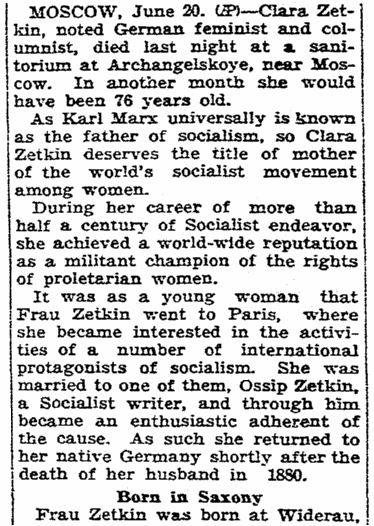
Related Women’s History Articles:
